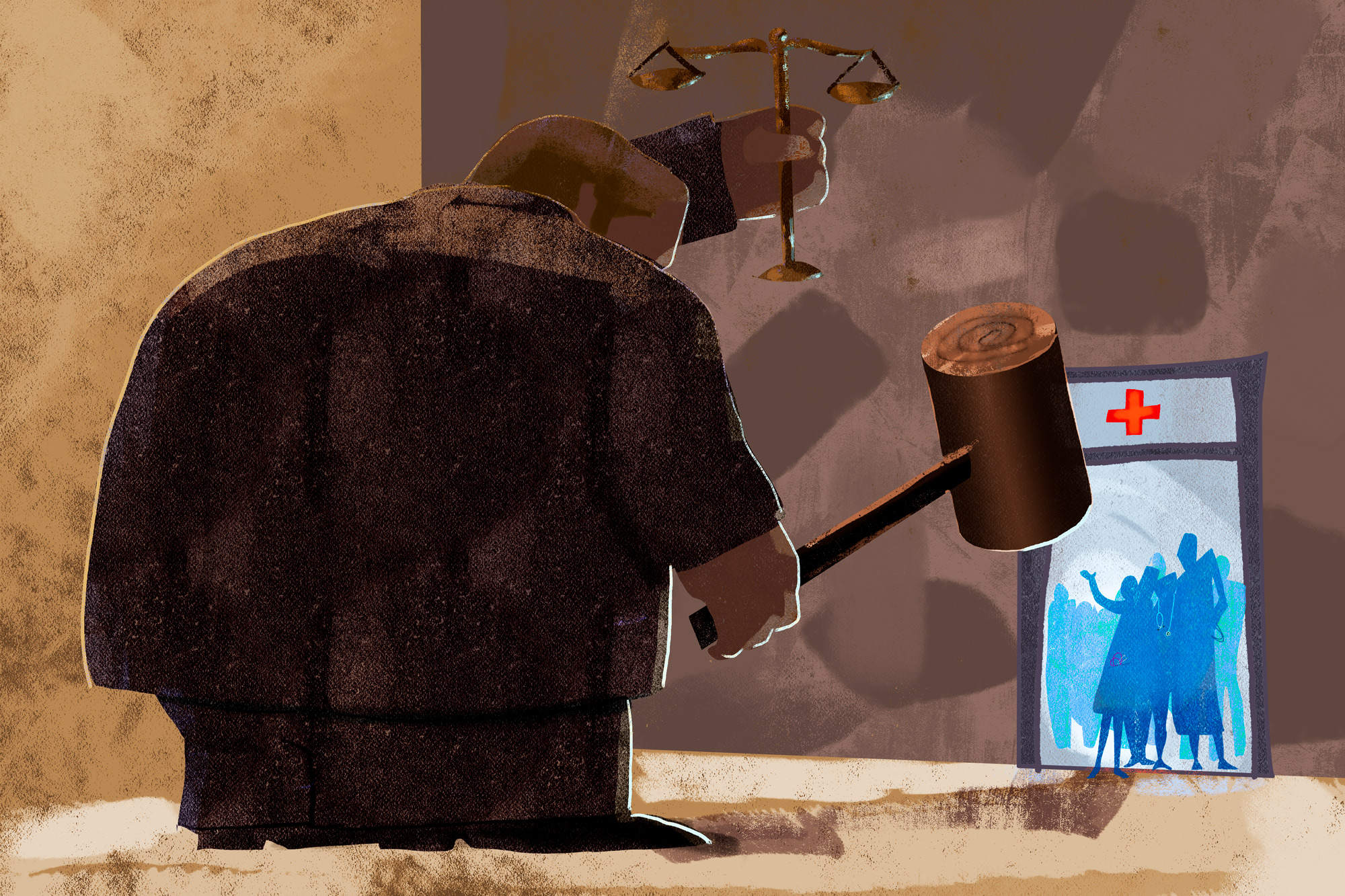
Senator Elizabeth Warren and several other Democratic candidates are alienating doctors with their insistence on removing private insurance. I am a woman psychiatrist and have been in the practice of medicine for over 40 years. If the goal of Medicare for All, with no private option, prevails, I believe doctors will be affected — we will be reduced to low incomes, forced to work more hours, and deprived of choices for our working conditions.
The current state of affairs is already non-ideal. Medicare has always paid one-third to one-half less than the best private insurance companies (e.g., Blue Cross Blue Shield, Cigna). A recent article in JAMA stated that commercial prices from in-network providers ranged from 100 to 300% more than Medicare levels. For hospital services, the prices are 200% higher than Medicare for inpatient care and 300% for outpatient. Many doctors have already permanently opted out of accepting Medicare because of its tendency to tell doctors that blood tests are "not medically necessary," and refuse to pay. With private insurance, you can at least ask for a review by a doctor (which I have successfully done). With Medicare for All, the situation will be even worse — and other countries might serve as instructive case examples …
Recently, Mona Charen, a senior fellow at the Ethics and Public Policy Center, wrote in the Chicago Sun Times about Canadian health care. In Canada, medical care is subsidized by taxes. Though Canadians don't get a bill from the doctor, they do get rationing and long waits for services. The average wait to see a doctor in Canada is 20 weeks; 39 weeks to see an orthopedist, and four weeks to see an oncologist. It takes 10 weeks to get an MRI. And the costs are not just measurable in terms of direct cost. Those waiting for treatment lose productivity, at an estimated price of $5,600 per patient. Ninety percent of Canadians live within 90 miles of hospitals on the US border, and tens of thousands go there.
In Germany, too, there has historically been a strictly controlled budget for medical services. The fees for providers, which were negotiated at a state-level, were tied to the growth rate of the economy. Ambulatory care providers were paid less per visit if they had a high volume of visits. To some extent, the money allotted to hospital-employed physicians was pitted against that allotted to private practitioners. Medical specialists earned only $10,000 a year more than general practitioners, and then a bill was passed to lower that income disparity. Thus, it could be argued that specialty training did not result in any extra pay compensation. Physician incomes in such a system were therefore strictly limited.
Despite being a lifelong Democrat, I do not agree with decreasing compensation and increasing work hours for those who are productive in society as a way to provide medical care for all. Doctors have made sacrifices in prolonged and difficult education, and continue to work grueling hours in practice to meet patient needs. They are also subject to Draconian demands for recertification and continuing medical education, which is not only expensive but time-consuming. This contributes to burnout and physicians’ feeling that there is insufficient time to spend with family. Additionally, with Medicare for All, the fall in medical income will result in a fall in taxes paid to the government and a shifting of the tax burden — not wise when Senator Warren is attempting to get the poor paid for by the rich.
At the end of the day, I believe clinical decision-making should be left to the doctor caring for the patient — not to a central, non-medical decision-maker at Medicare. Plans like Senator Warren’s will leave doctors disenfranchised, a favorite buzz word of the far left. This will result in early retirements and fewer students willing to undergo the rigors of medical education. There will be a shortage of doctors. How can we remain a capitalist society in most respects but totally socialize medicine? What if the provision of groceries were socialized? After all, if medical care is a right and not a privilege, isn't eating also a right, not a privilege? What if pharmaceuticals were socialized? Isn't getting medicine a right, not a privilege?
My suggestion to address this situation is threefold:
1. First, doctors should unite with one voice and declare their opposition plans which remove private insurance.
2. Second, Senator Warren should endorse the option of private insurance, which many countries with socialized medicine (e.g., the United Kingdom and Canada) have. Those endorsing Medicare for All without a private option ought to study the existing countries with socialized medicine.
3. Third, Senator Warren should poll doctors and hospitals practicing in the United States to get their opinions before proposing changes.
What are your thoughts about proposed health care policy changes? Share in the comments below!
Illustration by Jennifer Bogartz







